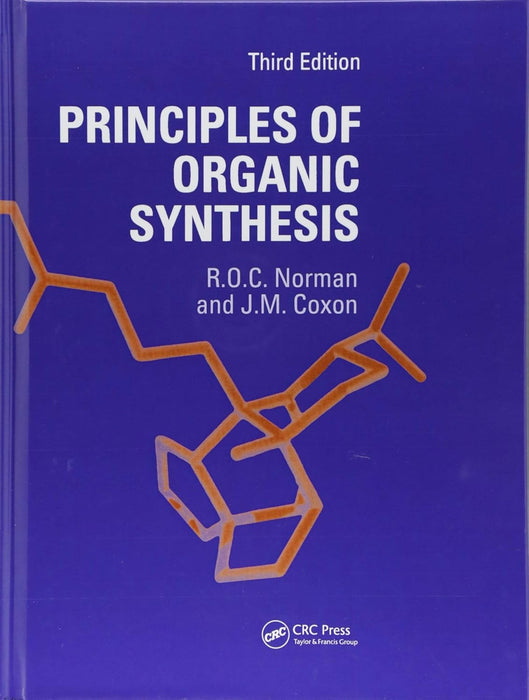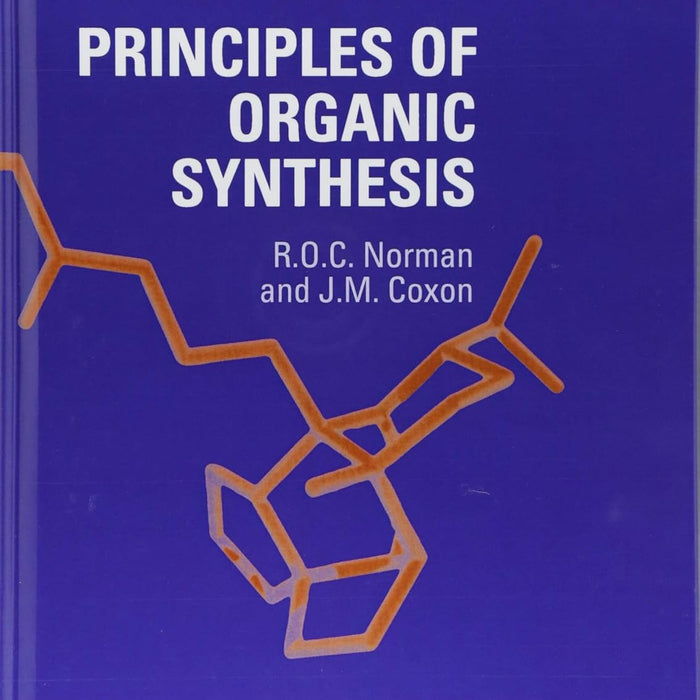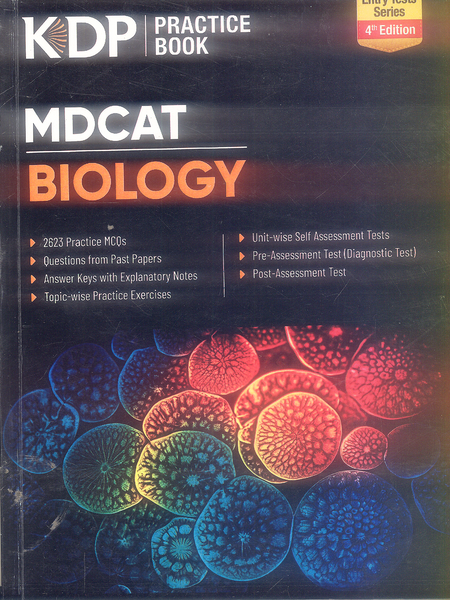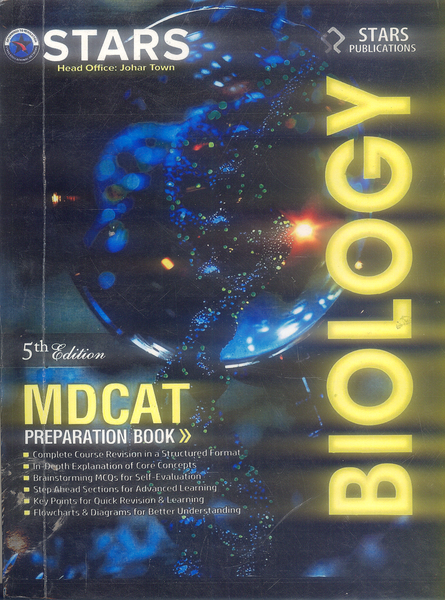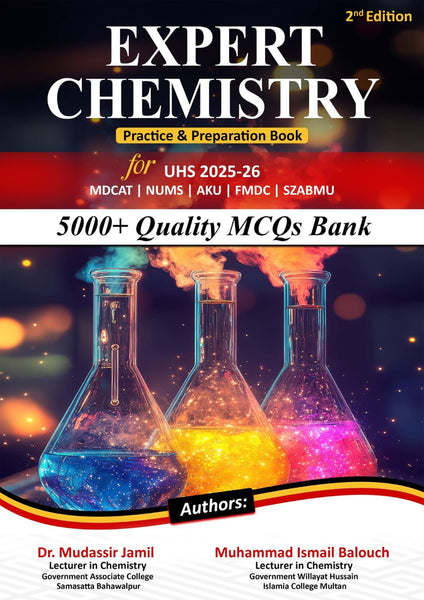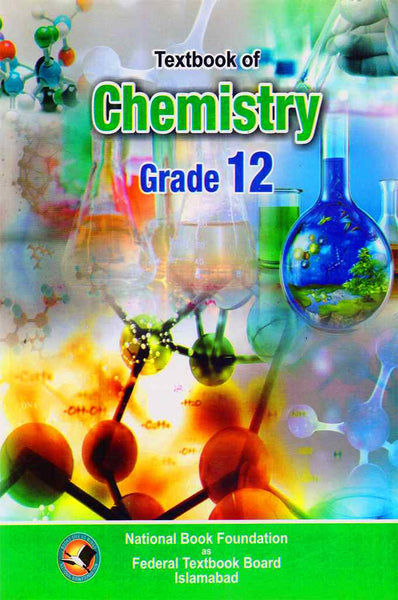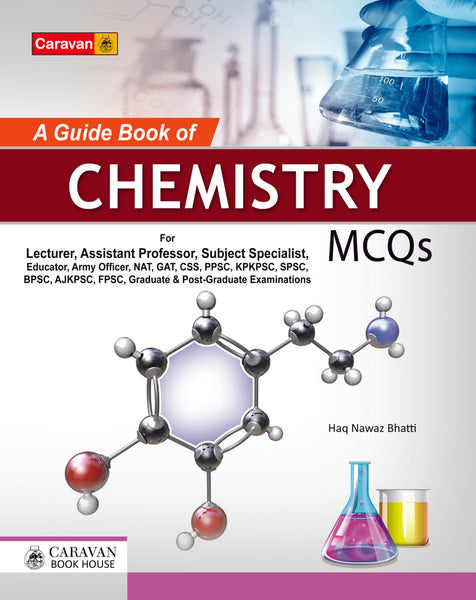Principles of Organic Synthesis 3rd Edition by Richard O C Norman (Author)
- Publisher: CHEMISTRY
- Availability: In Stock
- SKU: 22915
- Number of Pages: 828
Rs.1,790.00
Rs.2,395.00
Tags: advanced organic synthesis , best books , Best Price , Best Selling Books , chemical synthesis pathways , functional group transformations , James M. Coxon , molecular transformations , ONLINE BOOKS , Online Bookshop , organic chemistry for students , organic chemistry fundamentals , organic chemistry problem-solving , organic laboratory techniques , organic reagents , organic synthesis methods , organic synthesis principles , organic synthesis strategies , Principles of Organic Synthesis , Principles of Organic Synthesis 3rd Edition , reaction intermediates , retrosynthesis , Richard O.C. Norman , synthesis design , synthesis of organic molecules , synthesis reaction schemes , synthesis techniques , synthetic organic chemistry
📘 Title Name: Principles of Organic Synthesis (3rd Edition)
✍️ Authors: Richard O. C. Norman, James M. Coxon
📦 Quality: White Paper – Pakistan Print
🔹 Introduction:
Principles of Organic Synthesis (3rd Edition) by Richard O. C. Norman and James M. Coxon is a classic and comprehensive guide for chemistry students and researchers. It explains the logic, strategy, and principles behind organic synthesis — from fundamental reaction mechanisms to complex molecule design — with clarity and depth. This edition remains a cornerstone text for understanding how organic reactions are planned, optimized, and executed.
🔑 Key Points:
-
Provides a detailed understanding of reaction mechanisms and synthesis design.
-
Discusses functional group transformations and strategies for multi-step synthesis.
-
Includes updated examples, reaction pathways, and mechanisms for clarity.
-
Bridges theory with laboratory application for both students and professionals.
-
Serves as a foundational reference for advanced organic chemistry and research.
🧪 Conclusion:
Principles of Organic Synthesis (3rd Edition) is an essential resource for mastering organic chemistry. Its clear explanations and logical approach help learners and researchers build confidence in designing synthetic routes and understanding reaction behavior, making it indispensable for academic and professional growth.

